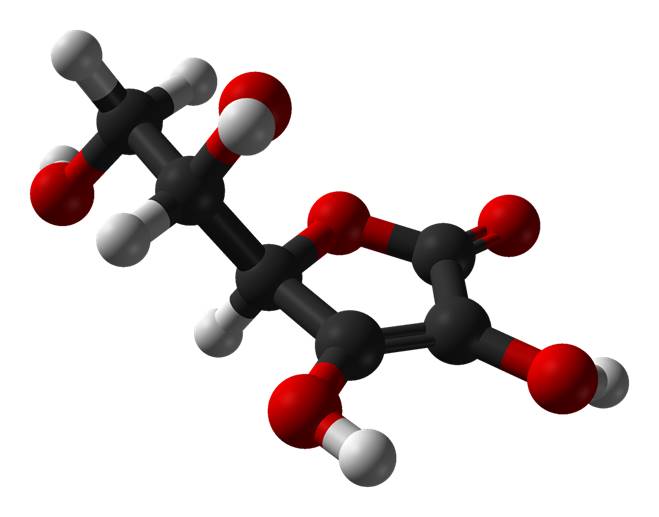OTHER NUTRIENTS AND FOOD ELEMENTS
[Food to Mood] SOME EXAMPLES OF WHAT WE KNOW NOWADAYS
PROTEINS, CARBOHYDRATES, VITAMINS AND FATTY ACIDS

Particular nutrients influence cognition by acting on molecular systems or cellular processes essential for cognitive function.
Why? Foods are able to alter the production or release of neurotransmitters, the chemical messengers carrying information from one nerve cell to another. Neurotransmitters are responsible for such important bits of information as "I'm full," or, "Arrgh! I'm very anxious about this!“. Furthermore foods most often are made up of more than one nutrient, and how those different nutrients interact will also affect the production and release of neurotransmitters say Dr Wurtman of (Non-nutritional uses of ).
Dietary choices are therefore a useful strategy for enhancing cognitive abilities and protecting the brain from damage, promoting repair and counteracting the effects of aging
In practice
1. Proteins: Boost your alertness
Our body absorbs amino acids from digested proteins after food consumption. In particular one of them,
, act as a mood elevator, increasing the production of dopamine, norepinephrine and epinephrine. These neurotransmitters are known to increase levels of alertness and energy.
No one eats pure tyrosine, but eating foods high in protein will give you a slight mental boost. High protein foods include fish, poultry, meat and eggs. If you can't eat those, try high-protein foods that also contain significant amounts of carbohydrates, such as legumes, cheese, milk or tofu.
No one eats pure tyrosine, but eating foods high in protein will give you a slight mental boost. High protein foods include fish, poultry, meat and eggs. If you can't eat those, try high-protein foods that also contain significant amounts of carbohydrates, such as legumes, cheese, milk or tofu.

2. Carbohydrates: For relaxation and stress relief
Carbohydrate-rich meals cause insulin to be secreted. Insulin decreases plasma levels of amino acids, except tryptophan. Amino acids that would ordinarily compete with tryptophan for transport across the blood-brain barrier are now out of the way, and tryptophan can flood the brain, where it's converted to serotonin. Serotonin is a neurotransmitter that reduces pain, decreases appetite, produces a sense of calm and, in large quantity, induces sleep.
Research on human subjects suggests that ingesting tryptophan or carbohydrate can reduce subjective alertness. Furthermore dieters tend to become depressed about two weeks into a diet, about the time their serotonin levels have dropped due to decreased carbohydrate intake. For more information see Shabbir et al. 2013 and (Effect of diet on serotonergic neurotransmission in and Parker & Brotchie 2011 (Mood effects of the amino acids tryptophan and tyrosine: ).
Research on human subjects suggests that ingesting tryptophan or carbohydrate can reduce subjective alertness. Furthermore dieters tend to become depressed about two weeks into a diet, about the time their serotonin levels have dropped due to decreased carbohydrate intake. For more information see Shabbir et al. 2013 and (Effect of diet on serotonergic neurotransmission in and Parker & Brotchie 2011 (Mood effects of the amino acids tryptophan and tyrosine: ).

Healthy carbohydrate foods to turn to for stress relief include whole-grain breads and crackers, whole-grain pasta, rice, cereal and fruit.
For the most beneficial effects of carbohydrates and protein, eat them separately. For example, the energy-boosting effect of protein will be offset if you start out a lunch of fish (pure protein) with a roll (mostly carbohydrate). Eat protein first, then go lightly on the carbohydrate if want to stay alert.
3. Essential fatty acids and Vitamins: prevent mental disorders
Mental health can be affected by low levels of vitamins, minerals and essential fatty acids, some symptoms in fact are associated with particular nutritional deficiencies.
- Low levels of folate (broccoli, brussels sprouts, liver, spinach, asparagus, peas, chickpeas, brown rice, fortified breakfast cereals) and vitamin B12 (meat, salmon, cod, milk, cheese, eggs, cereals, vegetables) are related to symptoms of mental disorders (see and for more information on Vitamin B6, B12, and folic acid supplementation and cognitive function/depression)
- Low levels of omega-3 oils and depression. Omega-3 fatty acids provide in fact a range of neurochemical activities, e.g., modulation of neurotransmitter such as noradrenaline, dopamine, and serotonin. (For more information see )
- Low levels of the mineral zinc. Zinc is involved in cytokine modulation and hippocampal neurogenesis, and low levels of this mineral are associated with eating disorders and depressive symptoms

Are nutritional supplements a good idea?
It’s important to get the correct balance between nutrients, avoiding any excess. You may need to supplement your diet with extra nutrients (you can buy them at health food shops, pharmacy and supermarket), but you should follow a medical advice not only your own thoughts. Nutritional therapists are trained to advise on diet and on the use of supplements, and can recommend safe levels of supplementation for individual needs. Anyway for more information contact your family doctor.
Back home
See it as web Page at:

- *1 http://web.mit.edu/
- *2 http://www.ncbi.nlm.nih.gov/pubmed/21816139
- *3 http://www.ncbi.nlm.nih.gov/pubmed/18568016
- *4 http://pubchem.ncbi.nlm.nih.gov/compound/L-tyrosine
- *5 http://www.ncbi.nlm.nih.gov/pubmed/23306210
- *6 http://www.ncbi.nlm.nih.gov/pubmed/21488845
- *7 http://www.ncbi.nlm.nih.gov/pubmed/17210874
- *8 http://www.ncbi.nlm.nih.gov/pubmed/15671130
- *9 http://www.ncbi.nlm.nih.gov/pubmed/24757497
- *10 http://www.ncbi.nlm.nih.gov/pubmed/23538073
- *11 http://www.ncbi.nlm.nih.gov/pubmed/21798601
